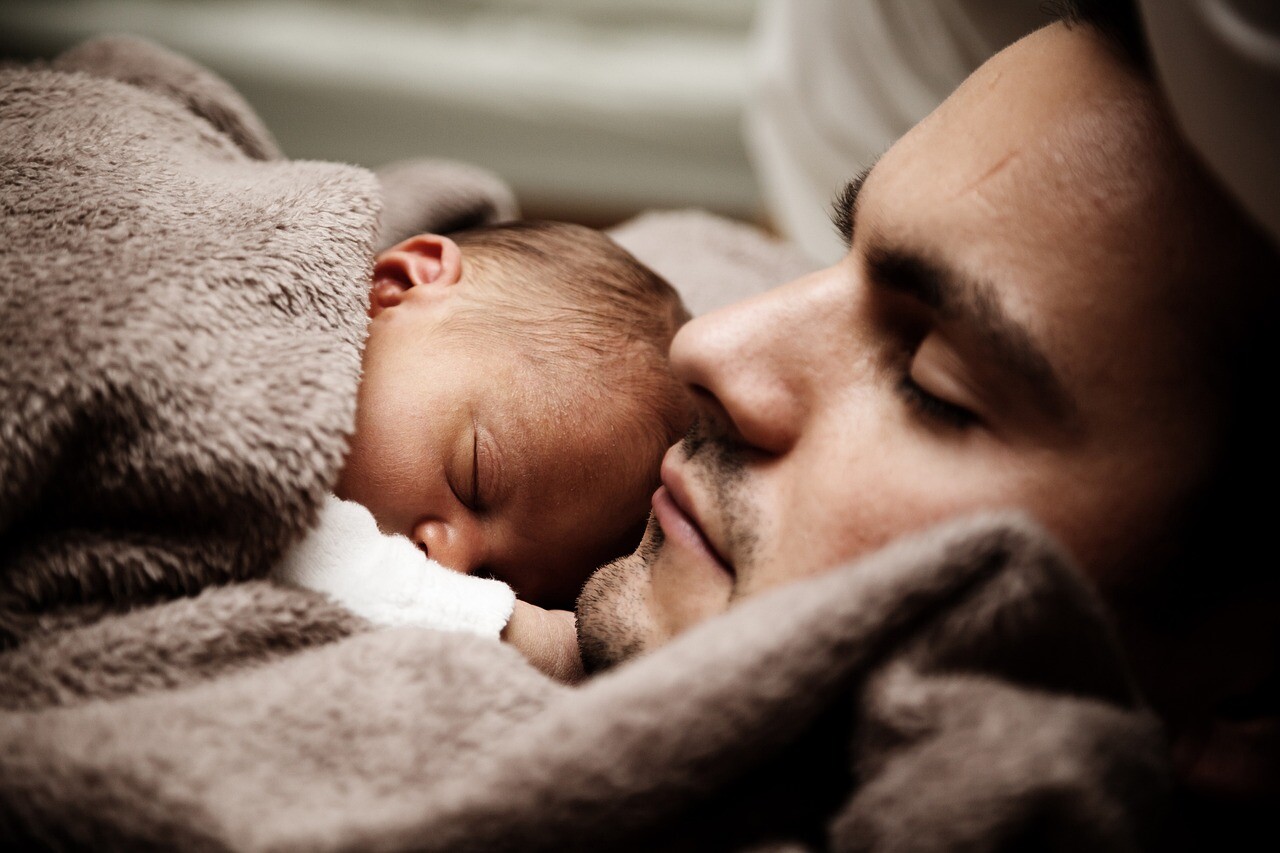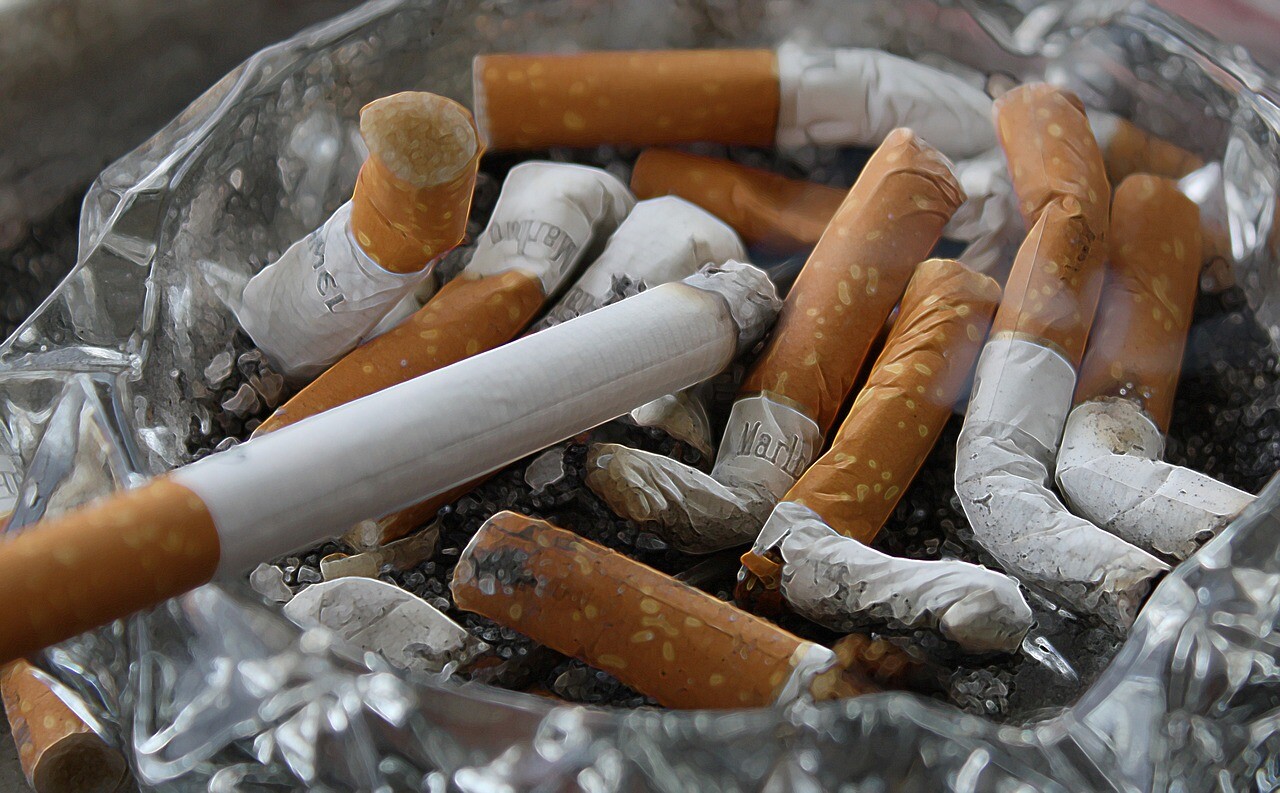5 Bizarre Prison Rules and Regulations From Around the World

Prisons are, by nature, a tightly controlled environment. They’re not places full of “first warnings” or “forgiveness.” So, if you find yourself in the hoosegow, you’d do well to be aware of the rules they enforce. Some of them are obvious, like “don’t punch the guys with the badges” and “no machetes,” but others are much more complicated and strange and vary from prison to prison and from country to country.
Here then are five of the weirder prison arrangements around the world…
Raising a Baby in Prison

Imagine, if you will, two adults, both imprisoned, who are expecting a child. Where exactly do you send the baby when it’s born? Yes, this might seem plucked out of an ethics textbook or some sort of very sad collection of brainteasers. Regardless, it’s a real situation, and one that Aranjuez Prison in Spain has gone to great lengths to address.
The easy — and arguably cruel — thing to do is to separate the child immediately and hand it over to a relative on the outside. But if relatives aren’t available, now you’re looking at adoption or foster care, and it really does feel like the baby is being punished. And so, in Aranjuez, that same baby will spend the first three years of its life growing up in a large, communal, less-gray-than-normal cell with both parents. There's even a prison playground, filled with baby-sized bench presses, I assume.
A Prison Where You Still Pay Rent
Generally you think of prison as a sort of equalizer. Of course, depending on influence, what prison you actually end up going to and other details, it’s not like everyone has the same experience, but they do generally get the same cells and basic amenities. But this isn’t the case at San Pedro, where the prison in question is less a series of shoeboxes and more a tiny, self-contained city, where cells are purchased or rented.
This isn’t a flat-rate situation either. The more money you have to spend, the nicer the digs you can afford, including multiple-story cells or ones with a library or jacuzzi. It’s located in Bolivia, though I’m sure some here in the U.S. long for a chance to remove all that disgusting income equality from our own jails.
Long-Term No-Smoking Section

Cigarettes and prison go hand-in-hand. It’s not like comforts are easy to come by when you’re locked up, so you can see the value of 20 little stress-relievers contained within a cardboard box. Anyone who’s ever seen a movie set even partly inside knows that they often serve as their own form of currency.
If you find yourself in England, though, you’d be surprised — and probably incredibly annoyed — to find out that every prison has been smoke-free since 2018. You might die behind bars, but not from lung cancer! A simple change that only caused exactly as many riots as you'd think.
Keep Those Prison Movies at PG-13
This wasn’t England's first attack on anything that could give prisoners a moment of respite. In 2013, they enacted a different ban within their prisons, forbidding those inside from watching movies with the U.K. Rating of “18”. Right, because people serving time in prison are going to have a hard time grasping adult themes.
The reasoning is to prevent “violent and sexually explicit” films, which falls a little short of the mark given how many perfectly normal movies have hit the 18-rated bar. This isn’t the equivalent of the States' X-rating: the banned movies include The Wolf of Wall Street, Gone Girl and Django Unchained.
A Prison That Competes With Some Condos

The last prison is one that inspires plenty of arguments for those aware of it. Many people know that prisons in Scandinavia are notably cushier and/or more humane than prisons here, but one Norwegian prison takes that to the furthest extent possible. At Bastoy in Norway, there are tennis courts and saunas. Dinners include shrimp and salmon. And inmates live in cheery red cabins pulled straight from a summer camp.
It’s all part of a system intended to reduce recidivism on release, and it does seem to work, to the tune of a 16-percent two-year re-offense rate at Bastoy, versus Norway’s 20 percent overall. The U.S. boasts a three-year re-offense rate of 43 percent, so there’s some work to be done.
Still, it’s slightly tough chewing given that Bastoy isn’t reserved for non-violent offenders, and even murderers are enjoying the slow life there.